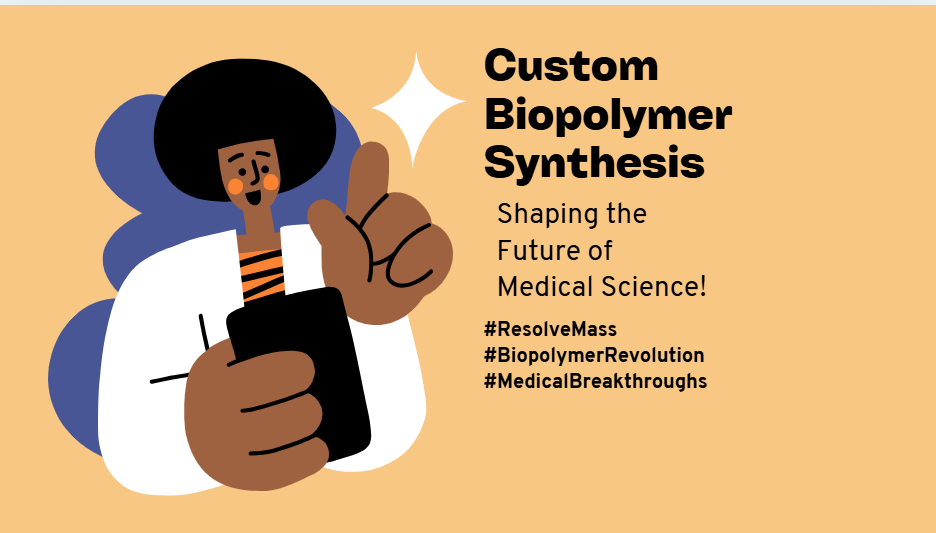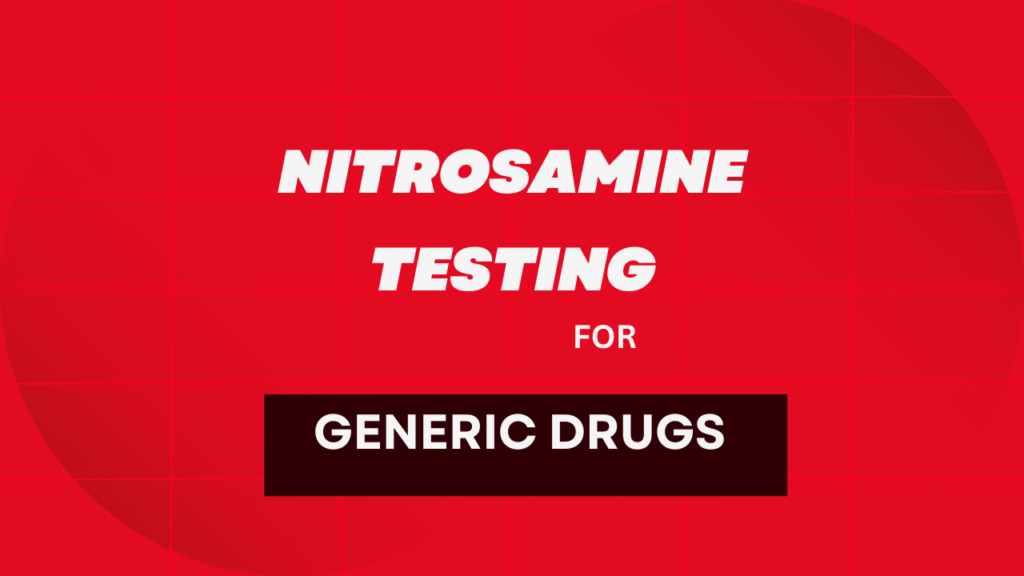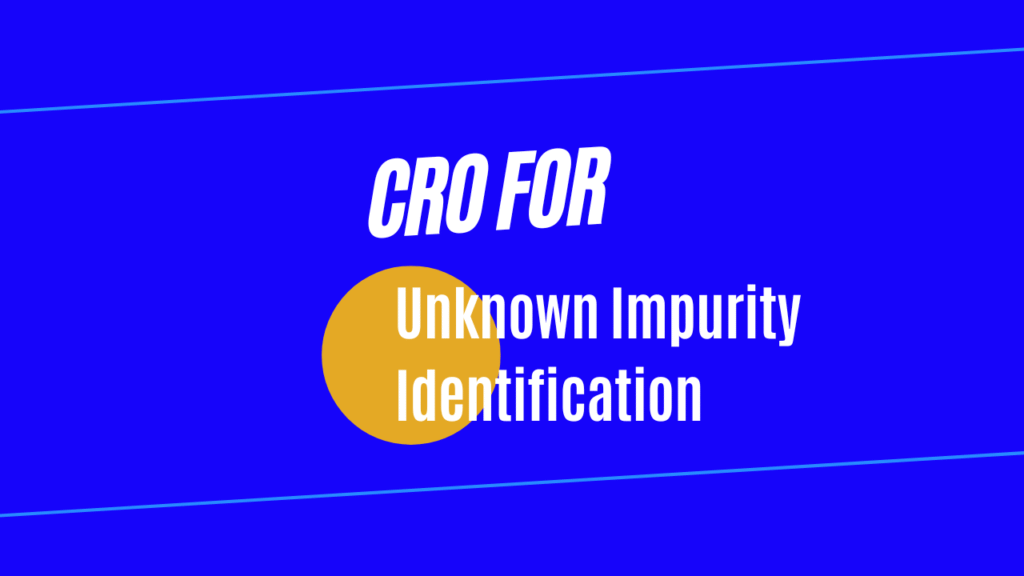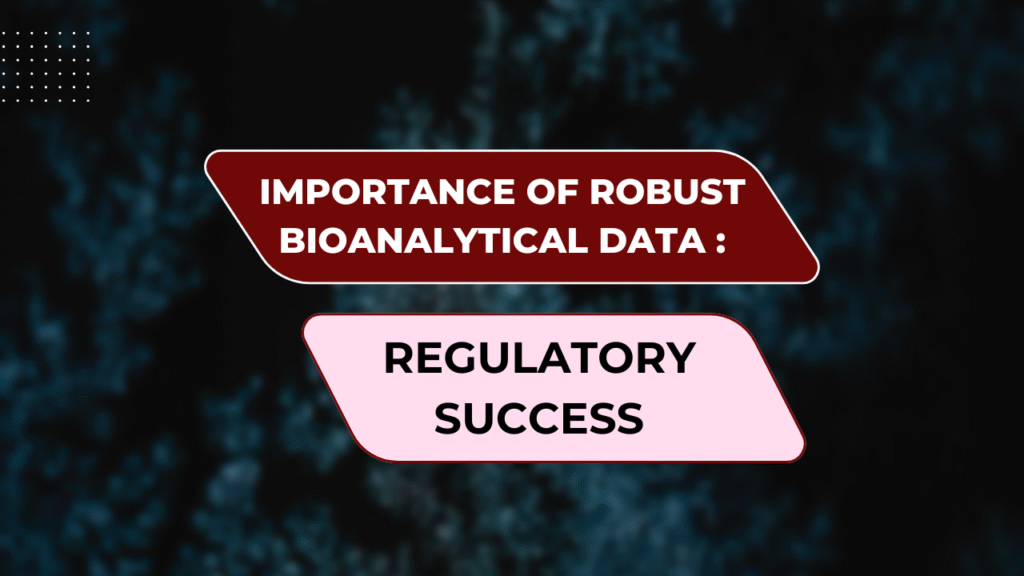
In the rapidly evolving field of biomedical science, custom biopolymer synthesis has emerged as a game-changer, providing tailored solutions for various medical applications. Biopolymers, derived from natural or synthetic sources, exhibit remarkable biocompatibility, biodegradability, and tunability, making them ideal for drug delivery, tissue engineering, wound healing, and regenerative medicine. This blog explores the significance of custom biopolymer synthesis, its key applications, and future trends in advancing medical technologies.
Understanding Custom Biopolymer Synthesis
Custom biopolymer synthesis involves designing and developing specialized polymeric structures with unique chemical and biological properties. These polymers can be tailored to exhibit specific functionalities, such as controlled drug release, enhanced biocompatibility, or improved mechanical strength.
Key Aspects of Custom Biopolymer Synthesis
- Monomer Selection – Choosing appropriate monomers based on the desired application.
- Polymerization Techniques – Employing methods such as ring-opening polymerization (ROP), free radical polymerization, or enzyme-mediated polymerization.
- Functionalization & Crosslinking – Modifying polymer backbones to introduce functional groups that enhance interaction with biological systems.
- Biodegradability & Biocompatibility Optimization – Ensuring polymers degrade safely without toxic byproducts.
- Scalability & Reproducibility – Adapting synthesis techniques for industrial-scale production while maintaining consistency.
Applications of Custom Biopolymer Synthesis in Medicine
1. Drug Delivery Systems
Custom biopolymers serve as effective carriers for targeted drug delivery, improving therapeutic efficacy while reducing systemic side effects. Biodegradable polymers such as poly(lactic-co-glycolic acid) (PLGA) and chitosan enable controlled drug release in cancer treatment, infectious disease therapy, and vaccine delivery [1].
2. Tissue Engineering & Regenerative Medicine
Customized biopolymers form scaffolds that mimic extracellular matrices (ECMs), facilitating cell growth and tissue regeneration. Hydrogels, silk fibroin, and collagen-based polymers are widely used in regenerative medicine for repairing damaged tissues, bones, and cartilage [2].
3. Wound Healing & Biomedical Dressings
Biopolymeric hydrogels, alginate-based dressings, and antimicrobial polymer films accelerate wound healing by providing moisture balance, antibacterial properties, and oxygen permeability [3].
4. Medical Implants & Prosthetics
Biodegradable and bioresorbable polymers such as polycaprolactone (PCL) and polylactic acid (PLA) are used to fabricate orthopedic implants, cardiovascular stents, and dental prosthetics, reducing the need for secondary surgeries [4].
5. Biosensors & Diagnostic Devices
Custom-synthesized biopolymers enhance biosensors’ performance by providing selective binding sites for biomolecules, improving the sensitivity of glucose monitors, cancer markers, and infectious disease diagnostics [5].
Emerging Trends in Custom Biopolymer Synthesis for Medical Use
1. Nanotechnology Integration
Nanostructured biopolymers are gaining attention for their potential in precision medicine, enabling site-specific drug delivery, real-time imaging, and improved bioavailability.
2. 3D Bioprinting & Biofabrication
Advances in 3D bioprinting allow the creation of patient-specific tissues and organ scaffolds using custom biopolymers, pushing the boundaries of regenerative medicine.
3. Smart & Stimuli-Responsive Polymers
Polymers that respond to external stimuli (pH, temperature, or enzymes) enable controlled drug release and adaptive medical implants.
4. Sustainable & Eco-Friendly Biopolymers
Biodegradable polymers derived from renewable sources, such as bacterial cellulose, are reducing the environmental footprint of medical materials.
Challenges in Custom Biopolymer Synthesis
- Regulatory Approval: Stringent FDA and EMA guidelines demand extensive biocompatibility and safety testing.
- Manufacturing Scalability: Large-scale synthesis while maintaining quality control remains a challenge.
- Cost & Commercial Viability: High production costs hinder the widespread adoption of custom biopolymers.
Conclusion
The evolution of custom biopolymer synthesis for medical applications is driving transformative advancements in drug delivery, tissue engineering, and diagnostics. With the integration of nanotechnology, 3D bioprinting, and smart polymers, the future holds immense promise for personalized and sustainable medical solutions. As the industry overcomes regulatory and scalability challenges, custom biopolymers will continue to shape the next era of biomedical innovation.
REFERENCES
- Veeman D, Sai MS, Sureshkumar P, Jagadeesha T, Natrayan L, Ravichandran M, Mammo WD. Additive manufacturing of biopolymers for tissue engineering and regenerative medicine: an overview, potential applications, advancements, and trends. International Journal of Polymer Science. 2021;2021(1):4907027.
- Authimoolam SP, Dziubla TD. Biopolymeric mucin and synthetic polymer analogs: Their structure, function and role in biomedical applications. Polymers. 2016 Mar 2;8(3):71.
LETS’S CONNECT
At ResolveMass Laboratories Inc., we are committed to providing high-quality custom synthesis of small molecules tailored to your research and development needs. Whether you’re in the pharmaceutical, biotech, or chemical industry, our expert team is ready to assist you with cutting-edge solutions.
Nitrosamine Testing for Generic Drugs: Selecting the Right CRO
Introduction Nitrosamine Testing for Generic Drugs has become a regulatory-critical and business-sensitive requirement in today’s…
Case Study: Unknown Impurity Identification in a Generic Drug Product
Introduction: The detection and characterization of unknown impurities in generic drug products is a critical…
Peptide Sameness Study Services in Canada
Introduction: Peptide Sameness Study Services in Canada are essential for pharmaceutical companies seeking regulatory approval…
Complete Guide to Peptide Sameness Study for ANDA Submission
Introduction: A Peptide Sameness Study for ANDA is one of the most critical scientific requirements…
The Importance of Robust Bioanalytical Data for Regulatory Success
Introduction: Robust Bioanalytical Data is the foundation of regulatory success in drug development. Without accurate,…
Best CRO for ANDA Development and Regulatory Support
Introduction Selecting the Best CRO for ANDA Development and Regulatory Support is a strategic decision…







